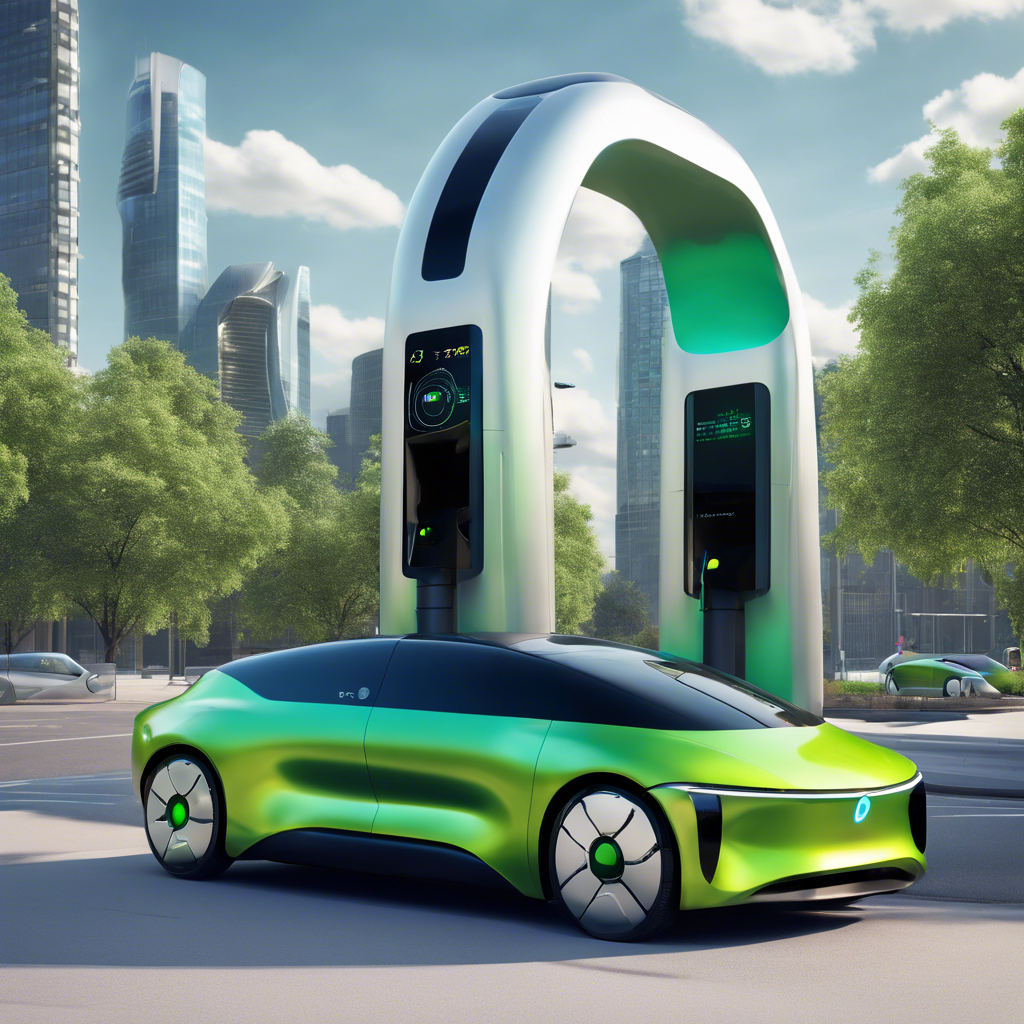Understanding the Price Dynamics of Hydrogen Cars: A Comprehensive Guide
September 25, 2024

As the automotive industry continues to evolve, one of the most talked-about innovations is the hydrogen-powered vehicle. With environmental concerns, fluctuating oil prices, and advancements in technology driving the shift toward cleaner energy sources, hydrogen cars are gaining traction as a viable alternative to traditional internal combustion engine vehicles and battery electric vehicles. However, one significant question remains: what is the price of hydrogen cars, and what factors influence this pricing? This blog post aims to delve into the cost of hydrogen vehicles, the economic factors at play, and the future outlook for consumers.
The Current Landscape of Hydrogen Vehicles
As of 2023, hydrogen cars remain a niche market, with only a limited number of models available for sale. Brands like Toyota, Hyundai, and Honda have made significant strides in this sector, producing models such as the Toyota Mirai, Hyundai Nexo, and Honda Clarity Fuel Cell. Prices for these vehicles generally range between $50,000 and $70,000, making them a premium option compared to their gasoline and battery electric counterparts. However, potential buyers must consider not just the sticker price but also the overall cost of ownership, including government incentives, operational costs, and infrastructure availability.
Breakdown of Hydrogen Car Prices
- Base Vehicle Cost: The initial price of hydrogen vehicles is often higher than that of traditional gasoline vehicles. Several factors contribute to this higher price point:
- Advanced Technology: Hydrogen fuel cell technology is still relatively new and not as widely produced as traditional engines or batteries. Manufacturing these vehicles involves specialized components, such as fuel cells, hydrogen tanks, and electric motors, which can drive up production costs.
- Limited Production Scale: As hydrogen cars have not yet gained widespread market acceptance, economies of scale have not been realized. This lack of mass production contributes to higher per-unit costs.
- Government Incentives and Tax Credits: Many governments worldwide are keen to promote hydrogen vehicles as part of their clean energy initiatives. As such, various incentives can significantly offset the price. In the United States, for instance, federal tax credits can amount to several thousands of dollars, while some states offer additional incentives, such as rebates, access to carpool lanes, and reduced registration fees.
- Maintenance and Fueling Costs: Hydrogen cars typically have lower maintenance costs than gasoline vehicles due to fewer moving parts in hydrogen fuel cells. However, hydrogen fuel can be relatively expensive, currently costing between $10 and $15 per kilogram in many markets. The price can vary significantly based on location and availability, making the cost of fueling an important consideration for potential buyers.
- Resale Values: As the market for hydrogen cars evolves, concerns about resale values also come into play. Historically, alternative fuel vehicles may experience depreciation at a different rate compared to traditional vehicles. However, as technology becomes mainstream, it is anticipated that the resale market for hydrogen cars will stabilize, potentially increasing consumer interest.
The Role of Infrastructure
One of the most significant barriers to the widespread adoption of hydrogen vehicles is the lack of fueling infrastructure. Hydrogen fueling stations are few and far between, particularly when compared to electric vehicle charging stations. This scarcity can deter prospective buyers, fearing they will be unable to refuel their vehicles conveniently.
As investments in hydrogen infrastructure increase, prices may stabilize and become more competitive. Governments and private enterprises are gradually investing in hydrogen production and distribution, which is crucial for driving down operational costs and making hydrogen vehicles more appealing.
The Future of Hydrogen Vehicles
Looking ahead, there are several key trends that may influence the pricing and popularity of hydrogen vehicles:
- Technological Advancements: Continuous improvements in hydrogen fuel cell technology may lead to lower production costs, enhancing price competitiveness against traditional vehicles and battery electric models.
- International Regulations: Governments worldwide are enforcing stricter emissions regulations, which can cause consumers to reconsider their vehicle options. Incentives for switching to hydrogen vehicles could grow, further driving up demand.
- Strategic Partnerships: As automakers partner with energy companies to develop hydrogen infrastructure, the cost of hydrogen fuel may decrease, making these vehicles more appealing to the average consumer.
- Consumer Awareness: As public awareness surrounding hydrogen fuel cell technology grows, along with environmental concerns, consumers may become more inclined to explore this sustainable option.
Conclusion
The price of hydrogen cars remains a complex interplay of various economic factors, including production costs, technology advancements, incentives, and infrastructure availability. For potential buyers, the initial cost might present a significant hurdle, but the overall cost of ownership, including incentives and maintenance, could yield a more affordable long-term alternative.
As the landscape of fuel technology continues to evolve, hydrogen vehicles stand at the forefront, promising a clean and sustainable future for transportation. The coming years will be critical as the market for hydrogen cars matures and consumer acceptance increases. With continued investment and innovation, hydrogen vehicles may soon become as commonplace—and cost-effective—as their gasoline and electric counterparts.
In this rapidly changing industry, staying informed and proactive about the availability and pricing of hydrogen vehicles is essential for prospective buyers looking to embrace this clean technology.